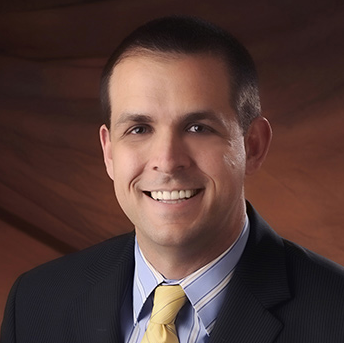Q: I have been married for 20 years and am embarrassed to say that I have no idea what assets my Husband and I own; how do I find out? And how do I know if he is hiding assets from me?

A: It is not uncommon for me to get this question from new clients, and even sometimes from the spouse who was the wage earner. I have had clients who make six-figure salaries come into my office without a clue as to what assets they had. Luckily, most assets can be found through relatively simple processes. First, the most common way to find an asset is simply to ask the other side to complete “discovery” questions, which are under oath questions and forms that must be filled out related to assets, debt, income, and positions on issues for the divorce. The benefit of doing discovery is that if they hide an asset that is found later, the asset is still jointly owned by both spouses and subject to division, even if it is years after the divorce is over.
The next most common way to find assets is through a forensic analysis of bank records, tax returns and other financial statements. And while this may sound like a time intensive and expensive process, there are many minor investigations that can be used to find the vast majority of assets. First, tax returns usually hold a plethora of information, as any investment account would have to issue a 1099 form each year, which then shows up on the tax returns. Once we have an idea that there is an account at Bank of America, for example, then we simply subpoena the bank to give us all account records for any time frame that we require. We can then go through those account records, checks, and transactional history to determine if there are any transfers to other accounts that we did not know existed. The good thing for asset searches now is that most transactions are done electronically, which leaves a paper trail, and makes finding assets easier.
As for someone who is actually trying to hide assets, it really depends on what the asset is and what the value of the asset is when conducting a search. For example, if the asset is real estate then a search of the County Recorder’s website could be used. If the asset is a portion of a business then we can utilize the Corporation Commission. But in the end, the asset had to be purchased with some sort of funds, and that usually means an examination of financial accounts. The value of the assets also has a large part to do with whether or not you will find it. For example, if someone makes $200,000 per year, it is not uncommon for that person to withdraw $500 to $1000 in cash from an ATM. And if in turn they take that cash and buy some assets and hide them, then that asset may be hard to trace. But if the same person withdrawals $50,000 from an account, that would raise a very big red flag in the account statements that would need to be researched.
In the end, it is usually quite difficult to hide any assets that are worth more than a nominal amount. Not that it is impossible, but through diligence of your attorney or a forensic accountant most assets will be found.
Keith Berkshire is the head of the family law department at the Rose Law Group, pc, in Scottsdale, and a Certified Specialist in Family Law by the State Bar of Arizona; He can be contacted at 480-291-0736 or This e-mail address is being protected from spambots. You need JavaScript enabled to view it .
This article does not constitute as legal advice nor does it create an attorney-client relationship. Keith Berkshire, Certified Family Law Specialist, Rose Law Group, pc. Rose Law Group pc is a full service and real estate law firm with 27 areas of focused practice including one of the State’s leading renewable energy practice groups; an unmatched lobbying, land use and zoning practice; one of the State’s few certified legal specialists in family law; a robust real estate transaction, tax and project finance department; along with estate/special needs planning, asset protection, medical marijuana, equine law, employment law and high profile and business litigation among others; Rose Law Group is consistently involved in some of the State’s biggest and most important issues from representing County Sheriffs on Senate Bill 1070 litigation to revolutionizing the provision of distributed solar generation in Arizona and defending the State’s rights in litigation involving medical marijuana. Learn more at RoseLawGroup.com
* Laura Bianchi is head of RLG’s Estate Planning and Asset Protection Department. She focuses her practice on traditional estate, special needs, domestic partnership, and business succession planning, as well as general employment and medical marijuana law.
* Carissa Seidl practices in the areas of family law, juvenile law and criminal law at RLG.
* Keith Berkshire is one of only 70 Certified Specialist In Family Law, State Bar of Arizona and is well versed in all areas of family law, including appellate practice.
